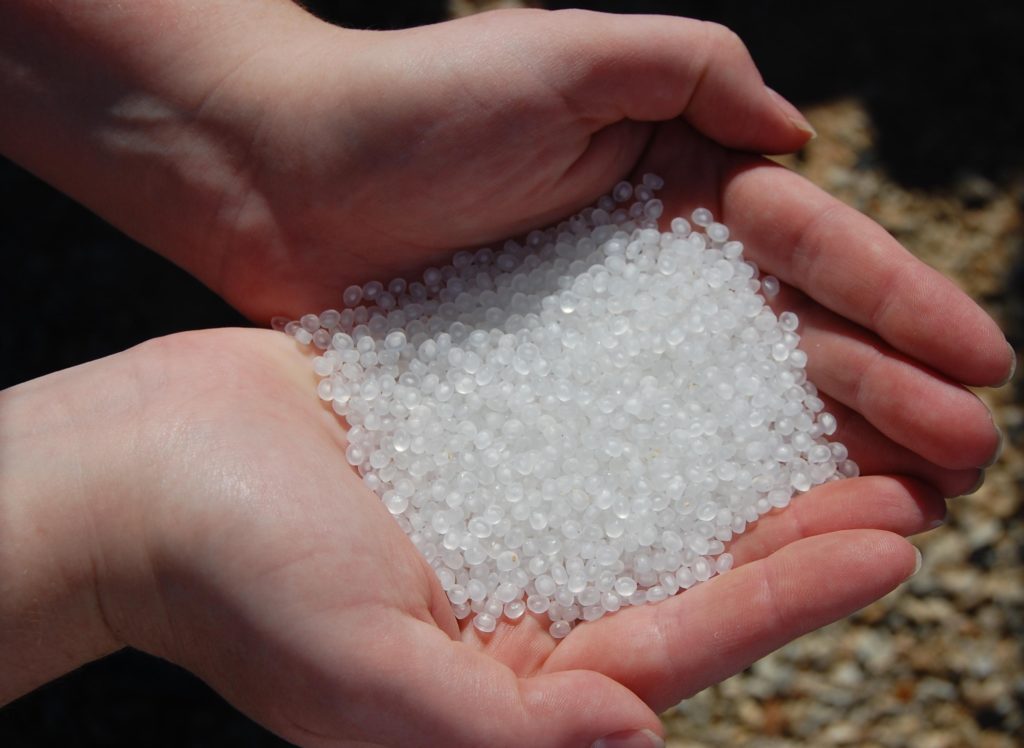Several of Cape Town’s beaches have reported an influx of nurdles on their shores after a Plastics SA vessel lost its cargo off the coast of Plettenberg Bay last week. This has prompted concerned environmental organisations to request that government be more transparent about these sorts of incidents, as they have a negative impact on the environment.
Nurdles are tiny plastic pellets which are used to manufacture larger plastic items, and weigh about 20 grams each. Nurdles are also able to float.
Speaking to IOL, Georgia McTaggart, who is the founder of non-profit organisation Help Up, said that plastic is a by-product of the fossil fuel industry.
“The plastic pellets called nurdles are a scourge to the natural environment and are difficult to see with the naked eye against the beach sand. The cost to the natural environment is ongoing and we will still be collecting nurdles from this spill for years to come,” she said.
“We call on the local and national government, Plastics Federation and International Ports Authorities to provide clear and up-to-date information on spills of this type. This would assist organisations and community groups to correctly inform the public and create calls-to-action through social media platforms.”
According to McTaggart, transparency would also help create an efficient and appropriate crisis mitigation response when an environmental emergency such as a nurdle spill occurs.
“This sort of spill is a nightmare for the plastics industry and the government, until such time as the government decides to divest from relying so heavily on the fossil fuel and plastics manufacturing industry,” said Pristine Earth Collective director George van der Schyff.
“This is not a unique incident but nurdles from this spill will not break down in our lifetime. They will grow more toxic and continue to contaminate the ocean’s food chain which will severely impact our ocean biodiversity for decades to come.”
Picture: Wiki Commons

